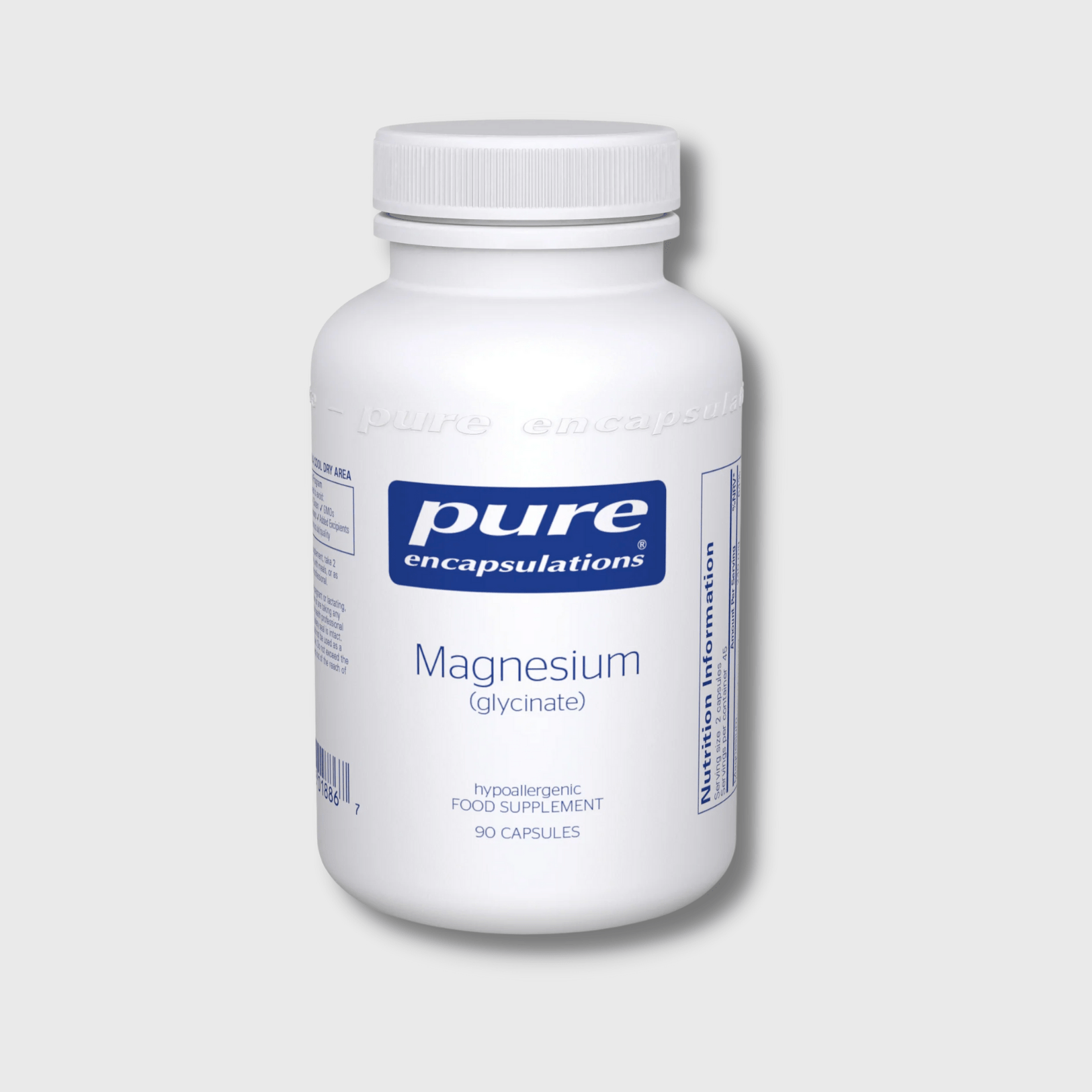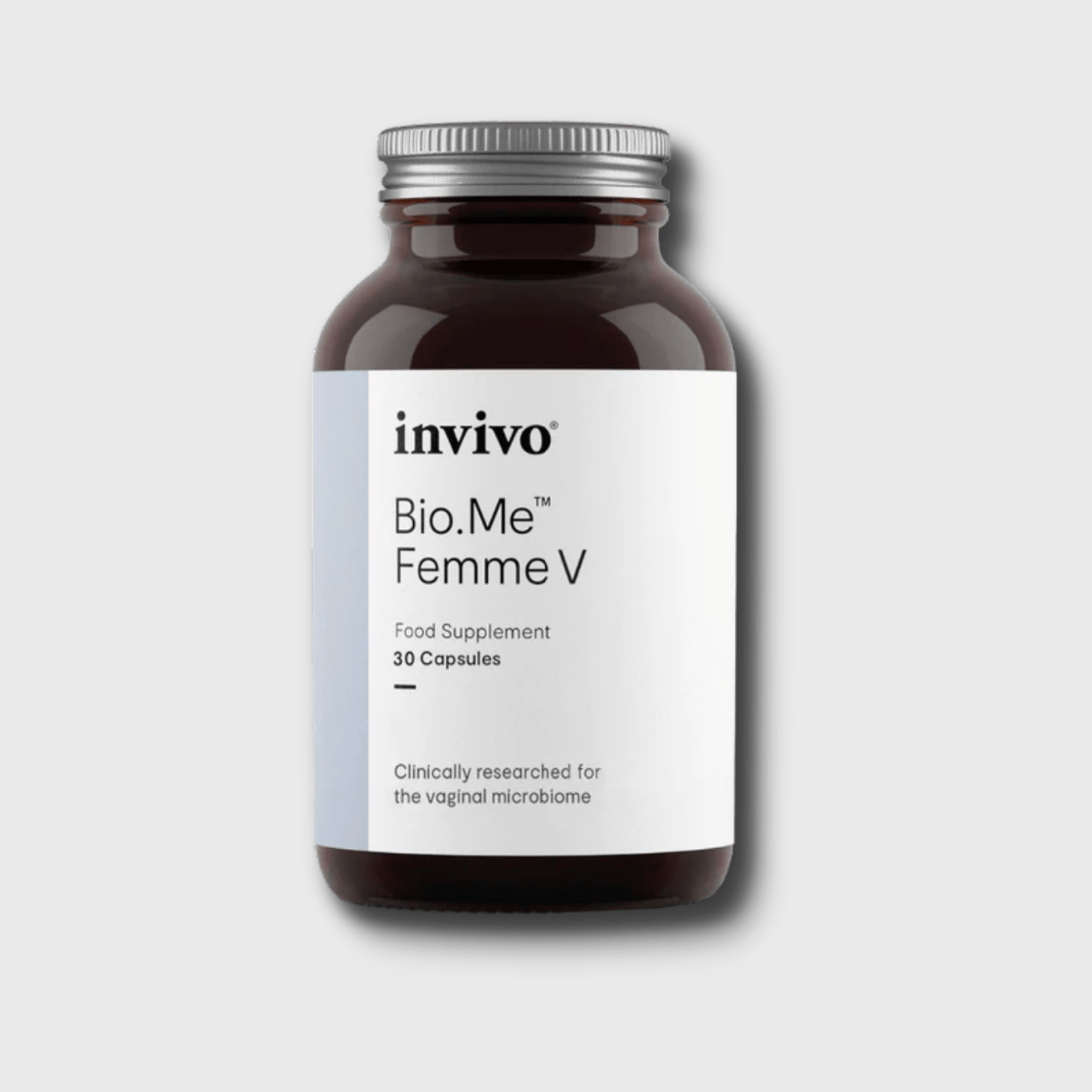
Hormone Series Part 2: Leptin & Ghrelin - The Fullness and Hunger Duo That Keep Fighting Each Other
You know that feeling when you’re still hungry after eating? Or when your cravings come roaring in, demanding chocolate or crisps, even though you’ve just had lunch? That’s not a character flaw or a lack of willpower. It’s your hormones talking.
Hunger and cravings aren’t just about what’s on your plate; they’re deeply influenced by what’s happening behind the scenes in your body. Two key players in this conversation are leptin and ghrelin.
If you haven’t already, I highly recommend checking out Part 1 of this hormone series, where we unpacked insulin, your fat-storage hormone. It’s a real eye-opener and lays the groundwork for understanding why so many of us feel hungry even when we’re eating “all the right things.”
Because here’s the thing: if insulin, leptin, and ghrelin are out of sync, your appetite, metabolism, and energy levels can feel completely out of control.
Let’s unpack what’s really going on…
Meet Leptin: Your “I’m Full” Hormone
Leptin is produced in your fat cells. The more body fat you have, the more leptin you generate. Its role is to inform your brain, specifically your hypothalamus, that you’ve got plenty of energy in the tank and can stop eating.
Sounds like a dream hormone, right? So why do so many people struggle with overeating despite having plenty of body fat?
The problem? In many individuals, especially those carrying excess weight or dealing with insulin resistance, this system goes awry. Despite high levels of leptin circulating in the blood, the brain stops registering the signal. It’s like a broken thermostat; the fat stores are overflowing, but the brain thinks the tank is empty.
So instead of responding with, “Thanks, we’re full”, your brain panics. It believes you’re starving. This triggers more hunger, increased cravings, and a sluggish metabolism designed to conserve energy, all in an effort to ‘feed you up’, even though you already have plenty of fuel in storage.
This faulty feedback loop is known as leptin resistance, and it’s one of the most common reasons people feel constantly hungry and struggle to lose weight, regardless of the amount of body fat they already carry.
Now Meet Ghrelin: Your “I’m Hungry” Hormone
Ghrelin is primarily produced in the stomach and is released when the stomach is empty. It travels to the brain and says, “Oi! Feed me!”
Ghrelin is highest just before meals and naturally lowers when your stomach is full. But here’s the thing – this system can be hijacked. Poor sleep, stress, inflammation, and diets high in sugar and ultra-processed carbs can mess with ghrelin, making it shout louder and more often than it should. This hormone signal to be fed is really strong, and no amount of willpower will dampen it.
Worse, high insulin (triggered by frequent carb-heavy meals or snacks) can also stimulate ghrelin, even if you’re not actually hungry.
So, you end up hungry when your body doesn’t need food, and when you do eat, you don’t feel full.
Sound familiar?
When Leptin and Ghrelin Stop Talking
These two hormones should be in constant dialogue:
- Ghrelin says, “Time to eat.”
- Leptin says, “That’s enough, thanks.”
But if you’re leptin resistant and your ghrelin is overstimulated, it’s like a broken thermostat:
- The hunger switch is jammed on
- The fullness signal is jammed off
This is one reason why traditional weight loss advice like “eat less and move more” often fails. You’re not just battling habits. You’re battling a physiological drive to eat more and store more.
What Makes Leptin Resistance Worse?
- High insulin (usually from high-carb, high-sugar diets)
- Inflammation
- Poor sleep
- Chronic stress
- Calorie restriction and yo-yo dieting
- Ultra-processed foods and seed oils
The more fat you store, the more leptin you produce, but the more resistant your brain becomes to it. It’s a vicious cycle.
Add in ghrelin being triggered by sugar, alcohol, or poor sleep, and it’s no wonder so many people feel like they’re constantly fighting their appetite.
Fixing the Hormone Hunger Loop
If your hunger and cravings feel out of control, don’t panic. The good news is that leptin and ghrelin are incredibly responsive to lifestyle changes. Here are the most effective strategies to restore balance:
- Lower Your Insulin - This is foundational. A lower-carb, higher-protein, healthy fat diet can lower insulin, reduce inflammation, and improve leptin sensitivity.
- Prioritise Sleep - Poor sleep increases ghrelin and reduces leptin. Aim for 7–9 hours of quality sleep with good sleep hygiene: no screens before bed, warm lighting, and a consistent wind-down routine
- Manage Stress - High cortisol from chronic stress raises ghrelin and worsens insulin resistance. Try daily stress-reducing practices like meditation, yoga, breathwork, or grounding outdoors.
- Eat Protein with Every Meal - Protein naturally suppresses ghrelin and boosts satiety. It also helps stabilise blood sugar and improve metabolic health.
- Avoid Processed Food - Ultra-processed, low-fibre foods cause blood sugar spikes, stimulate ghrelin, and confuse your hunger hormones. Eat real food your body recognises.
- Time Your Meals Mindfully - Avoid constant snacking and leave 4–5 hours between meals. This gives ghrelin and leptin time to recalibrate. Eat slowly and without distraction to give satiety signals a chance to register.
Why You Can’t “Just Have One”: The Bliss Point Trap
Food manufacturers are experts at manipulating our hormones, and one of their favourite tricks is designing products that hit the “bliss point”. This is the exact combination of sugar, salt, and fat that lights up the pleasure centres in your brain and overrides normal satiety signals. These ultra-processed foods don’t just taste good; they actively stimulate ghrelin, suppress leptin, and leave you wanting more. You’re not meant to stop at one biscuit, one crisp, or one square of chocolate. These foods are engineered to bypass your biological brakes.
Top Signs of Leptin or Ghrelin Imbalance:
- Always hungry (especially for carbs)
- Never feel full, even after a big meal
- Snacking at night
- Cravings after poor sleep
- Struggling to lose weight despite trying
- Energy crashes, brain fog
If you see yourself in this list, don’t beat yourself up. Your body isn’t broken – it’s just confused. Fortunately, these signals can be repaired.
It’s Not About Willpower. It’s About Rewiring.
Cravings aren’t about a lack of self-control. They’re driven by a network of hormonal signals that have gone haywire, often due to diet, stress, poor sleep, and inflammation.
When we understand how our hormones work, we can work with our biology rather than against it.
This isn’t about starving yourself. It’s about choosing food and habits that give your brain the right signals.
In our next article, we’ll be diving into Cortisol – the stress hormone that can quietly sabotage your weight, energy, mood, and metabolism. If you feel wired and tired, or carry stubborn belly fat, you won’t want to miss it.
Share






